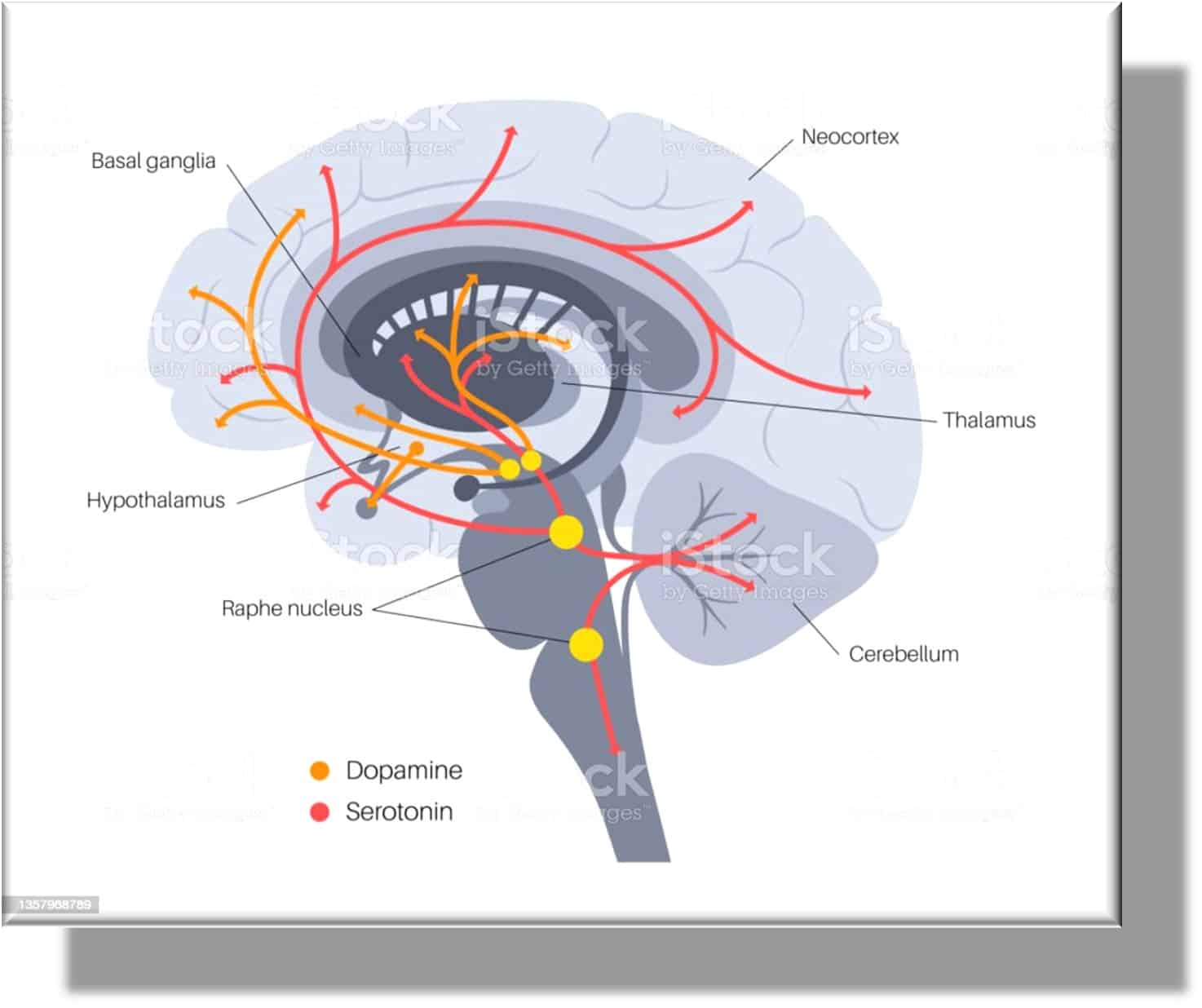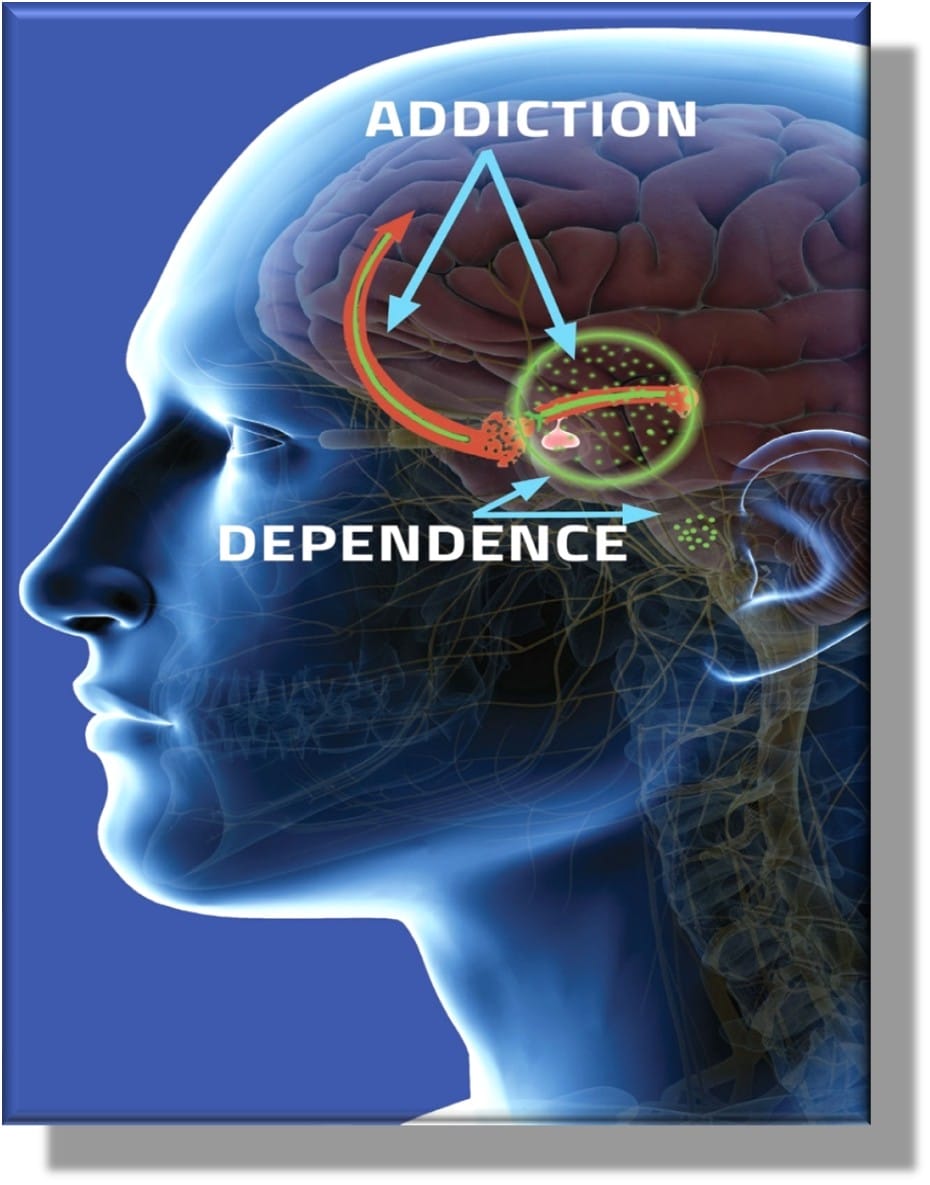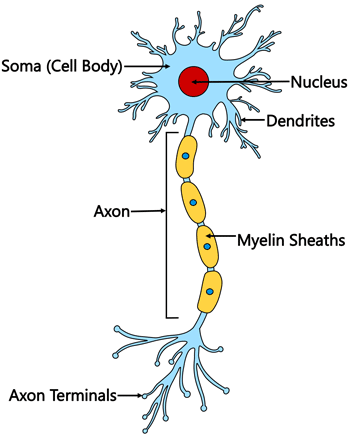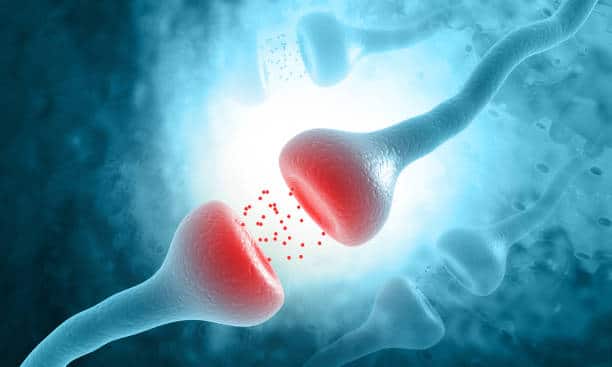How Substance Abuse Disorder Hijacks the Brain
Our brains, with their intricate complexity, are vulnerable to the devastating effects of Substance Use Disorder (SUD). This condition has the power to hijack the brain’s functioning and alter its interpretation of our innate flight or fight primitive instincts. In this article, we will delve into the intricacies of the brain and explore how addiction impacts different regions, highlighting the hijacking of the brain’s reward system, the alteration of the fight-or-flight mechanism, and the impact on crucial brain areas such as the hippocampus.

- The brain’s reward system plays a vital role in experiencing pleasure, motivation, and learning. Addiction has the ability to hijack this system by artificially stimulating it, leading to a surge in dopamine release, which reinforces drug-seeking behavior.
- This hijacking of the reward system causes a shift in motivation, with the desire for drugs surpassing basic needs and natural rewards.

Other Areas of the Brain Affected
- Survival
- Impact on Fight-or-Flight – Substance abuse disrupts the brain’s fight-or-flight response, which is crucial for survival. The brain becomes tricked into perceiving drugs as necessary for survival, making it challenging for individuals to quit using substances even in the face of negative consequences.
- The Basal Ganglia
- Responsible for coordinating movement and facilitating habitual behaviors, is impacted by substance abuse.
- Prolonged drug use can lead to disruptions in motor control and coordination, resulting in impaired motor skills and difficulties in fine motor movements.
- The Amygdala
- Plays a crucial role in processing emotions, particularly fear and stress responses.
- Substance abuse can dysregulate the amygdala, leading to heightened emotional reactivity, increased anxiety, and difficulties in emotional regulation.
- The Temporal Lobe
- Involved in memory formation, language processing, and auditory perception, can also be impacted by substance abuse. Chronic drug use may lead to memory impairments, language difficulties, and auditory processing deficits.
- The Prefrontal Cortex,
- A region involved in complex cognitive processes and personality expression, is significantly affected by substance abuse. Changes in the prefrontal cortex can result in personality alterations, including increased impulsivity, decreased empathy, and a higher risk of engaging in risky behaviors
- Cerebellum
- The cerebellum, responsible for coordinating voluntary movements, balance, and posture, can be affected by substance abuse. This can result in difficulties with coordination, balance, and fine motor skills.
Neurons and Receptors
- Compomised Synapses and Slowed Signal Transmission
- Chronic drug use can impair the functioning of synapses, the connections between neurons in the brain.
- These compromised synapses result in slower signal transmission, causing delays in processing information and impairing cognitive function.
- The substance called myelin, which coats synapses and speeds up electrical signals in the brain, is compromised in addiction, further contributing to the disruption of normal brain function.

- Altered Neurotransmitter Receptors
- Substances of abuse interact with receptors and neurotransmitters in the brain, particularly those involved in the release of dopamine.
- Prolonged drug use can lead to changes in these receptors, causing an artificial release of dopamine and a disruption in the brain’s natural reward system. Over time, the brain may stop producing dopamine on its own, leading to an increased dependence on drugs to experience pleasure.

Additional Areas Affected by SUD
Impact on the Hippocampus and Memory
- The hippocampus, a vital brain structure involved in memory formation and learning, is also affected by substance abuse. Chronic drug use can lead to hippocampal atrophy, resulting in memory impairments and difficulties with learning and retaining information.
Irreversible Damage and Recovery:
- The point at which brain damage becomes irreversible varies depending on factors such as the substance abused, the duration and intensity of use, and individual differences.
- It is important to note that while some brain changes caused by substance abuse can be partially reversible with abstinence and treatment, severe and long-term damage may be more challenging to reverse completely.
Motor Skills, Interpersonal Skills, and Personality Changes:
- Substance abuse can have significant impacts on motor skills, interpersonal skills, and personality.
- Chronic drug use can impair motor coordination and fine motor skills, leading to difficulties in performing daily activities and tasks requiring precision. Interpersonal skills may also be affected, as substance abuse can contribute to social withdrawal, communication problems, and strained relationships.
- Individuals may experience challenges in understanding social cues, empathizing with others, and maintaining healthy interpersonal connections.
- Personality changes can occur as a result of substance abuse, with individuals exhibiting alterations in behavior, mood, and cognitive function.
- This can manifest as increased irritability, impulsivity, and a shift in priorities, often prioritizing substance use over other aspects of life.
Life-Threatening Dangers of Withdrawal and Detoxification:
It is crucial to emphasize that the process of withdrawal from substance abuse can be life-threatening and should be done under professional medical care. The sudden discontinuation of certain substances can lead to severe withdrawal symptoms, including seizures, hallucinations, delirium tremens (DTs), and in some cases, even death. The severity of withdrawal symptoms can vary depending on the substance used and individual factors.
The Importance of Medical Care during Detoxification: Due to the potential dangers associated with withdrawal, it is highly recommended to undergo detoxification under the supervision of medical professionals. They can provide necessary interventions, such as medication-assisted detoxification, to help manage withdrawal symptoms and minimize the risk of complications. Medical care during detoxification ensures the safety and well-being of individuals and increases the chances of successful recovery.
Long-Term Impact of Seizures: Seizures are a potential risk during the withdrawal process, particularly in cases of alcohol, benzodiazepines, and certain other substances. Seizures can cause significant neurological damage and pose a threat to overall health. It is essential to seek immediate medical attention if seizures occur during withdrawal, as prompt intervention can help mitigate the long-term consequences and prevent further complications.
Conclusion:
Understanding the life-threatening dangers associated with withdrawal and the importance of seeking professional medical care during detoxification is crucial for individuals with Substance Use Disorder. By emphasizing the potential risks, including seizures and other severe withdrawal symptoms, and stressing the significance of medical support, we can help ensure the safety and well-being of individuals as they begin their journey towards recovery.
Understanding these neurological changes is essential for individuals in recovery, as it provides insight into the detrimental impact of substance abuse and reinforces the importance of seeking treatment and support to restore brain health and achieve long-lasting sobriety.
(Note: The information provided in this article is for educational purposes only and is not a substitute for professional medical advice. It is important to consult with medical professionals and seek appropriate care for withdrawal, detoxification, and treatment.